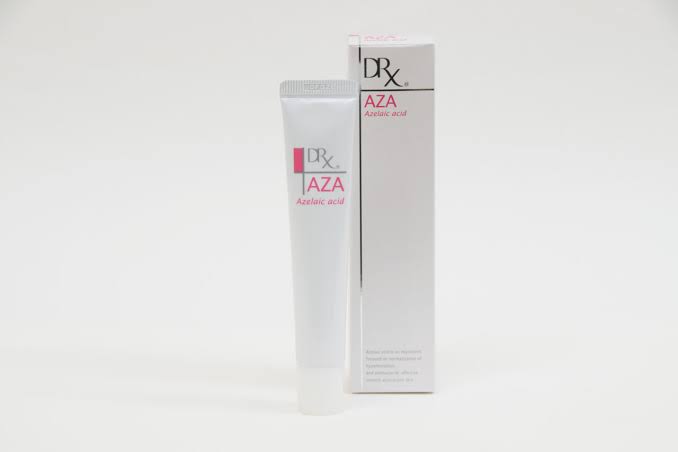Azelaic Acid
Hi, this is Dr. Yuki. What do you do for acne? If you haven’t tried Azelaic acid yet, it is highly recommended!
What is Azelaic Acid?
Azelaic acid is a naturally occurring acid found in grains like wheat, barley, and rye. It’s known for its antibacterial and anti-inflammatory properties, making it a powerful weapon in the fight against acne. Azelaic acid is often available in prescription-strength formulas for more severe acne but can also be found in over-the-counter creams and gels that are just as effective for mild to moderate breakouts.
How Does Azelaic Acid Work?
Azelaic acid works in several ways to treat pimples and improve overall skin health:
- Kills Acne-Causing Bacteria: Azelaic acid targets Propionibacterium acnes, the bacteria that causes pimples, effectively reducing inflammation and preventing future breakouts.
- Unclogs Pores: Azelaic acid helps to exfoliate the skin by promoting the turnover of dead skin cells. This prevents pores from becoming blocked, which can lead to blackheads, whiteheads, and acne.
- Reduces Redness: Since it has anti-inflammatory properties, Azelaic acid is also effective in calming irritated, inflamed skin, making it a great option for those with acne-induced redness or rosacea.
- Fades Hyperpigmentation: One of the unique benefits of Azelaic acid is its ability to reduce post-inflammatory hyperpigmentation (PIH). It helps fade dark spots left behind by acne, giving you a more even skin tone.

Why Choose Azelaic Acid for Pimples?
Azelaic acid is a gentle yet effective option for acne treatment, especially for those with sensitive skin. Unlike harsher treatments such as benzoyl peroxide or salicylic acid, Azelaic acid is less likely to cause dryness, irritation, or peeling. This makes it suitable for long-term use, especially if you’re dealing with recurring pimples.
How to Use Azelaic Acid
Azelaic acid is usually applied topically in cream or gel form. For best results, start by applying a thin layer to clean, dry skin once or twice a day, depending on your skin’s tolerance. Be sure to follow up with sunscreen during the day, as Azelaic acid can make your skin more sensitive to sunlight.


